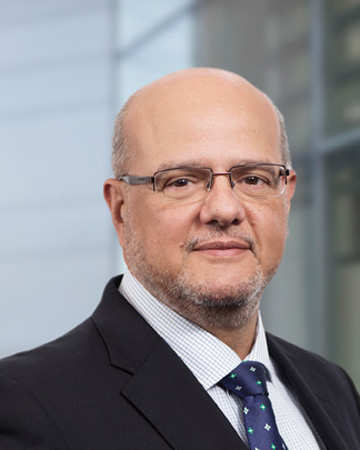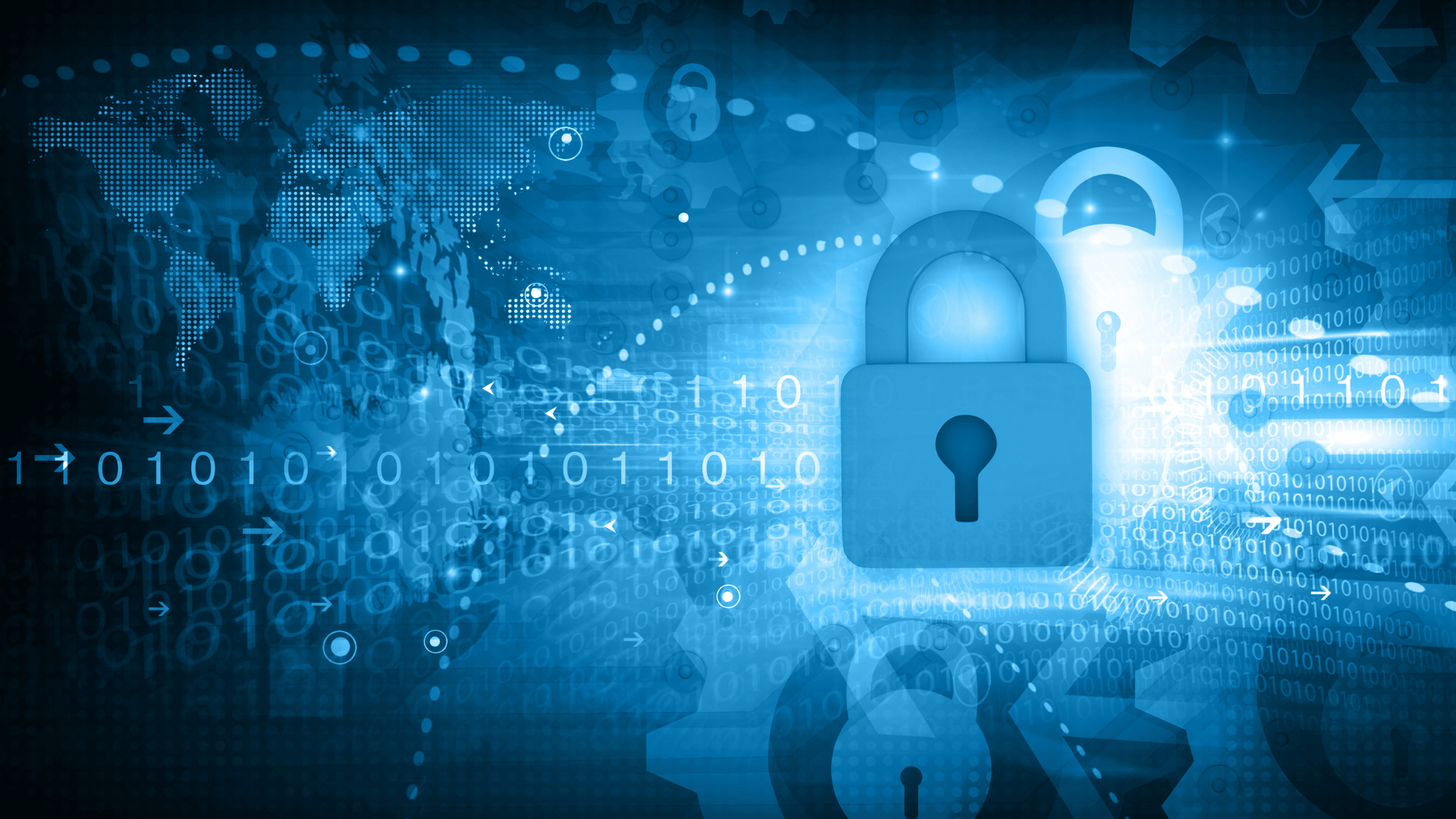The international scenario of
the security market evolution
The interview with the Past Vice President Tecnical Solution of Securitas AB and President of the Spanish
Security Forum Potluck Ing. Antonio Villaseca
The impact of technology on business models
Today in this critical phase, also due to the evolution of Covid-19, each industrial area is facing a restart, trying to focus on positive trends, business opportunities and new needs that may emerge in the current economic scenario. The important change we are experiencing must be monitored and managed, especially now that it has become necessary to control flows, accesses and monitoring even where they were not foreseen and that the security sector is more than ever at the center of attention.
Secursat shares ideas and reflections in a short interview with Antonio Villaseca, sharing an authoritative and different point of view on the evolution of the security scenario on international markets.

Antonio Villaseca, with thirty years of experience in the international security sector, has managed, as Technical Solution Vice President of the Securitas group, the business of the countries of the Mediterranean area (Spain, Italy, France, Portugal) dealing with technology, strategies, development and models risk management.
Re-inventing and converting are the main strategies for surviving in this ever-changing world
Inflation, collective bargaining agreements and the lack of public safety, in some countries, have affected the world of security in recent years. The evolution of the market has meanwhile resulted in the progressive reduction of the spaces dedicated to corporate security in favor of cost management departments, leading to new contract negotiation strategies and a progressive leveling of prices often at the expense of quality. The market has therefore only partially benefited from new products, from the evolution from analogue to digital and from the emergence of integration systems, as a result of the drastic reduction in software and computer systems costs.
In this evolutionary context, managers who deal with security often did not understand the change and in the face of this tsunami, which has put companies at risk, they have decided to take actions aimed at reducing costs by giving up human capital and experience, facing the competition through mechanisms based on the “price / hourly price”. As a result of all this, numerous companies have disappeared, due to mergers, acquisitions or bankruptcies, some even successful, but others affected by major mistakes and failures, have become widely discussed case studies in the security industry.
The companies, whose management was based on expert profiles in the intensive management of the workforce, with little added value, continued to use the same strategy, thinking that when the economy recovered everything would return to normal, forgetting perhaps that new technologies and digital transformation are developing at an exponential rate, such as to have disruptive consequences for every economic sector, including security.
Today, COVID-19 has generated new challenges, in every aspect, for people and also for companies. The private security industry is not prepared for this, with a few exceptions. This means an accelerated change of paradigm, that requires new professional profiles. It is necessary to attract new talent to a very closed, endogamic sector, both regarding clients and companies. This new talent must work with vision and urgency, moving from a “classic and comfort” zone the sector has been living in, to a more dynamic and challenging position. In this new position, this talent should take on the challenges, a consequence of the aforementioned situations, and work with ambition in order to face future challenges. Otherwise, from my point of view, it is likely that companies from “other” sectors will come to cannibalize this industry, chop it and transform it into outsourcing from the big operators/consultants of private security services.


Products and Technology: international
market development
In the international arena, some manufacturers were surprised by the rapid technological development while others reacted in time and found better solutions. In any case, the future will belong to organizations capable of providing solutions based on data acquisition technology and processing power, to offer solutions capable of automating responses, identifying and managing new risks and making security strategic with respect to the needs of the company management.
The situation in Spain could undergo the great influence that the legislation and interventionism of the Spanish government have had, and still have, on the private security sector. On the other hand, the difficult economic situation following this pandemic forces companies to be more restrictive in terms of investments and focus on priority issues. The leading producer / developer countries, in my opinion, remain in different respects China, Japan and other Asian countries and also the United States, Australia and Germany.However, when it comes to programs or measures to protect and manage security, I consider China, Israel and the United States to be the very first.
The way to face change: products become commodities, skills and service management models become the way forward to face change
I am sure that new technologies and digital transformation are the key to change for the security sector, so far “predictable” and “comfortable”. Today, Covid-19 has generated new challenges, in every aspect, for people and also for companies and the private security industry has not been prepared and seems to have once again lost an opportunity for change.
[img_dx_piccola=/media/sesta%20immagine.png]
An accelerated change of the entire security paradigm would be necessary: new professional profiles, new talents in a very closed endogamous sector, both in terms of customers and companies. It is necessary to work with vision and urgency, moving from the "comfortable" area to a more dynamic and stimulating position to face the challenges, otherwise it is likely that companies from "other" sectors will arrive to cannibalize this sector, breaking it up and transforming it into outsourcing of the large consulting.
From my point of view, if we consider the risks and protection needs for any type of company, the boundary that has been maintained, for certain interests, between physical and logical security will increasingly tend to fade, if not disappear. Indeed, new technologies that provide technical support for users of security services are mixed between physical and logical security measures. For this reason, the duality between the managers of these two areas, within a company, no longer makes sense, and it is necessary to have security managers who guide the identification and management of risks, with a 360o vision of the needs protection of material assets, employees, customers, corporate image.
If customers and security companies don't see it this way and continue to maintain this separation between risk analysis, threats and the implementation of both logical and physical security measures, we will not advance. There is a possibility that an entrepreneur, with more vision, will see this opportunity and anticipate everyone, and take control of this sector, as has happened before in other different economic sectors.
